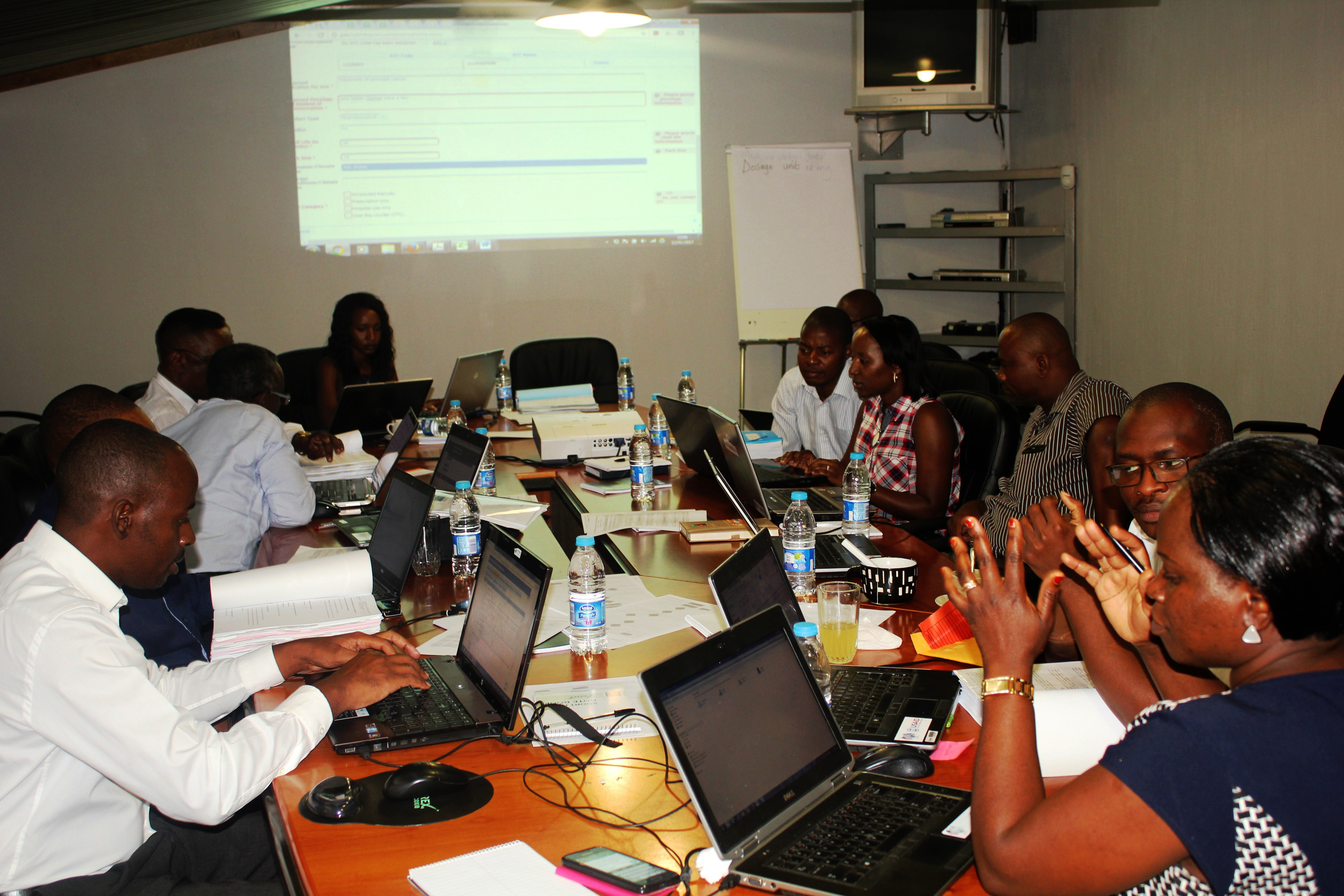In a major advance against the spread of HIV, Namibia has approved the use of emtricitabine/tenofovir disoproxil fumarate (TDF/FTC) to prevent HIV infection.
The Namibian Medicines Regulatory Council (NMRC) approved a generic version of the medicine, Ricovir EM®, which is manufactured by Mylan Pharmaceuticals. It is used in combination with other antiretroviral medications to treat AIDS. When taken daily, it can reduce the risk of sexually transmitted HIV by more than 90%. To date, very few African countries have approved the regimen for use as pre-exposure prophylaxis, or PrEP. Namibia has a high prevalence of HIV, and it is mainly transmitted through sexual intercourse. PrEP is expected to significantly reduce new infections among high-risk groups, including couples where only one partner has HIV, and men and transgender women who have sex with men.
In late 2015, the World Health Organization recommended PrEP as an additional prevention option for HIV-negative people at significant risk of exposure to HIV. USAID in Namibia took note and asked the Systems for Improved Access to Pharmaceuticals and Services (SIAPS) Program—which is led by Management Sciences for Health and funded by USAID—to facilitate TDF/FTC’s early adoption and uptake in the country.
Improving access with strong pharmaceutical systems

SIAPS worked closely with the NMRC to ensure that PrEP was included in current treatment guidelines. It also expedited TDF/FTC’s official registration and regulatory approval by using tools and procedures that it developed as part of its ongoing pharmaceutical system strengthening work in the country. One of these tools is Pharmadex, an electronic medicines registration system that has streamlined the approval process for TDF/FTC and other medicines. Using Pharmadex, regulators were able to quickly track previous registrations for tenofovir and emtricitabine formulations and confirm that they were not already in use for preventive purposes—a key requirement for seeking funding for TDF/FTC PrEP.
“The new regimen’s quick approval is a good example of the benefit of efficient medicine registration systems. Before these streamlined procedures and Pharmadex were introduced, Namibia had to rely on [a] paper-based manual process, and there was a huge backlog—it could take years for new medicines to reach the public. You may have the best treatment there is, but if it’s not registered, people can’t access it and thus can’t use it,” says Francis Aboagye-Nyame, SIAPS Global Program Director.
It is also critical that patients adhere to the PrEP regimen for it to work, which means ensuring its supply and monitoring its prescribing and dispensing. SIAPS has supported antiretroviral dispensing and follow-up by using the Electronic Dispensing Tool (EDT). Health program managers can use the EDT to track PrEP distribution and collect information on its use, including consumption, patient data, side effects, adherence, and any medication-related factors that could indicate the potential development of antimicrobial resistance.
“The EDT helps informed decisions to be made as to whether the product actually meets the needs of the population it is being used to treat,” Aboagye-Nyame notes.
In addition, the facility-based electronic stock card (FESC) that SIAPS helped the country implement tracks national stock status and routine inventory control tasks. Both the EDT and the FESC feed local data to a national Pharmaceutical Information Dashboard, where any program manager at any time can see data on PrEP use and supply. SIAPS has helped the Namibia HIV control program train pharmacy staff on appropriate use of PrEP and on proper recording of PrEP in the electronic information tools.
TDF/FTC’s approval caps a transformative year for PrEP in Namibia, which is becoming a core element of HIV prevention in the country. The National Strategic Framework for HIV/AIDS and the recently published fifth edition of the Namibia National Guidelines for Antiretroviral Therapy include PrEP as part of Namibia’s comprehensive package of HIV prevention services. The approval opens the door for full PrEP implementation under both the PEPFAR-supported DREAMS project to end AIDS among children, adolescents, and young women, and the Start Free, Stay Free, AIDS Free campaign led by Namibia’s First Lady, Madam Monica Geingos.
It is hoped that Namibia’s success with treatment as prevention galvanizes other countries to approve PrEP as a key component of HIV epidemic control.
“PrEP medicines are licensed mainly for HIV treatment purposes in many countries, but not specifically for prevention. We’re hoping that the approval of TDF/FTC in Namibia will urge regulators from other countries in the region to see this as a precedent and expedite licensure of PrEP for prevention,” says Evans Sagwa, Project Director for SIAPS in Namibia.

